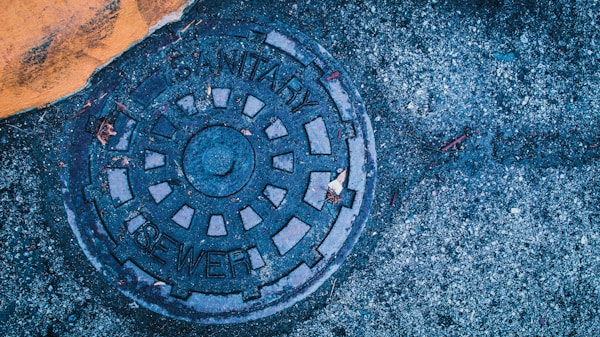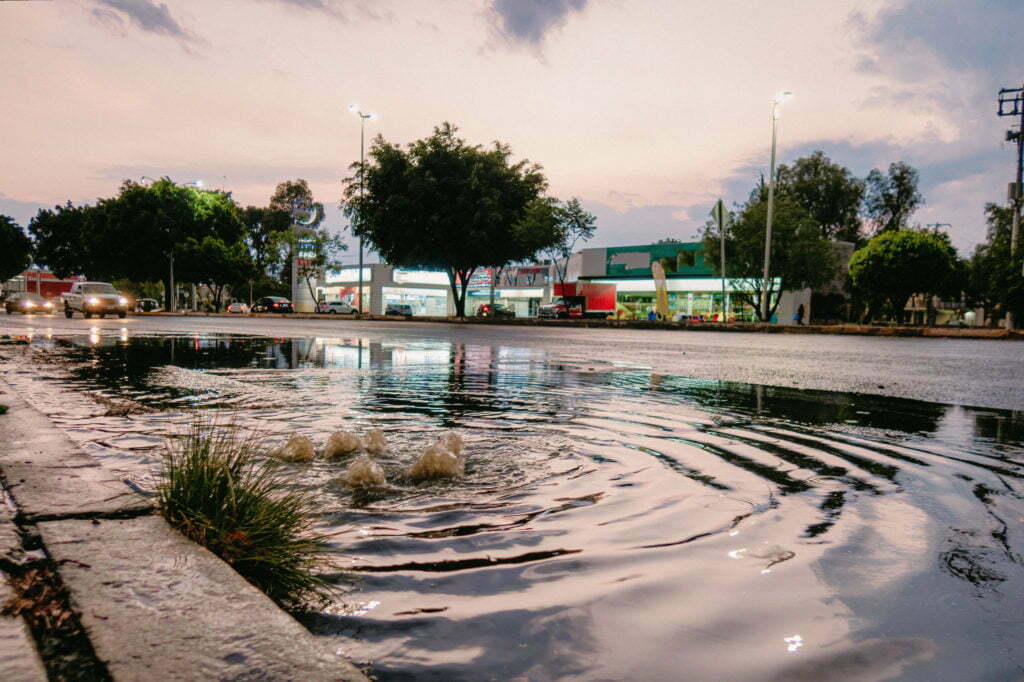If you’re experiencing sewer damage in your home, it’s crucial to take action as soon as possible. Sewer damage can lead to serious problems, including water damage, mold growth, and even health hazards. Take a look at this guide to learn more about the prolonged effects of sewer damage.
Sewer damage causes costly water damage.

Water can cause a lot of damage in a short period. In some cases, water damage can even be classified as a catastrophic event. This is because the water can cause damage to the structure of a home, as well as the belongings of the homeowner. One of the most common causes of water damage is a sewer backup. When a sewer line becomes backed up, the water can flow back into the home. This can happen in several different ways. For example, the sewer line may become backed up due to a clog, or the line may become flooded during a storm. If you experience a sewer backup, it is important to take action right away. The first step is to call a sewer and drain repair professional to clean up the water.
Sewer damage leads to mold growth.

Sewer damage mold can be a serious problem in homes and businesses. If water seeps into the walls or foundation of a building, it can create the perfect environment for hazardous mold growth. Mold spores are tiny and lightweight and can travel great distances through the air. Mold spores can cause a variety of health problems, including:
- Respiratory problems, such as coughing, wheezing, and asthma attacks
- Eye irritation
- Skin irritation
- Nausea
- Headaches
- Dizziness
- Fatigue
If you think you may have a mold problem, it is important to get a professional to test for it. Many home improvement stores offer mold testing services, or you can hire a professional environmental consultant. If mold is found, it needs to be removed carefully and immediately. This can be difficult and dangerous, so it’s best to leave it to the professionals. Mold can be removed with detergents, disinfectants, and wet vacuuming. Once the mold is removed, it is important to take steps to prevent it from returning. This may include installing a dehumidifier, sealing cracks in the foundation or walls, and repairing any water damage.
Sewer damage may cause serious health issues.
Beyond the health impacts from mold spores, there are a few other health issues caused by sewer damage. Sewage can contain harmful bacteria, viruses, and parasites that can cause various illnesses. Additionally, the chemicals and waste products in sewage can also be toxic. Exposure to sewage can cause skin and respiratory infections, digestive problems, and other serious health issues. If you are affected by sewer damage, it is important to take precautions to protect your health. Be sure to avoid contact with the sewage and any contaminated materials. Wash your hands frequently, and avoid eating or drinking anything that may have been exposed to the sewage. If you have been exposed to sewage, see a doctor right away. Sewer damage can be a serious health hazard, so protecting yourself and your family is important.
How can I prevent sewer backup in the first place?
You can do a few things to prevent sewer backups before they occur. One is to ensure your home is properly graded so that water flows away from your foundation. You should also install a backflow prevention valve on your home’s plumbing system. If you already have a backup, there are some steps you can take to clean it up and minimize the damage. First, turn off the power to the affected area and unplug any electronics. Then, remove any standing water with a wet vacuum or mop. Next, disinfect any affected surfaces with bleach or another disinfectant. Finally, dry out the area as much as possible and repair any damage caused by the backup.
When something goes wrong with your home’s sewer system, the problems can be significant and long-lasting. Damage to sewer systems can have many long-term effects on your home and your health. If you’re experiencing sewer damage in your home, contact a professional repair service right away.



